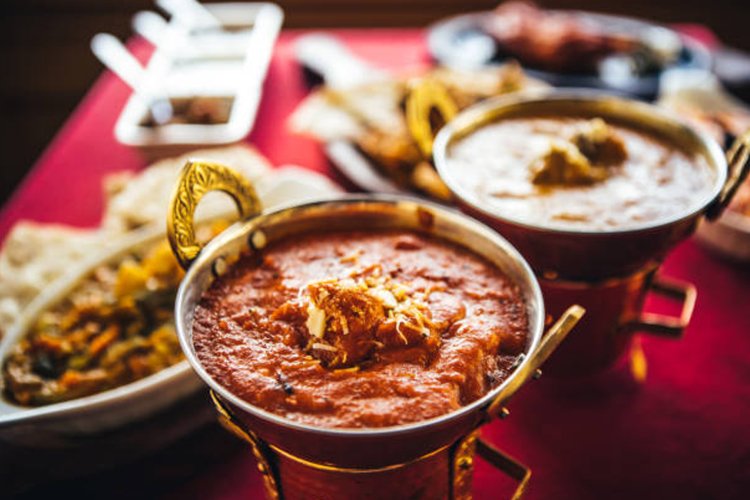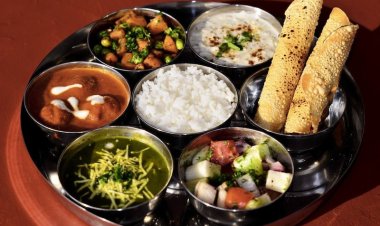Health Benefits of North Indian Foods
North Indian cuisine is diverse and rich in flavors, and it offers several health benefits due to its use of various spices, vegetables, and traditional cooking methods.

Health Benefits of North Indian Foods
North Indian cuisine is known for its rich and diverse flavors, incorporating a variety of spices, herbs, and ingredients. While individual dishes may vary, there are some common elements in North Indian foods that contribute to potential health benefits. Keep in mind that the overall healthiness of a diet depends on various factors, including portion sizes, cooking methods, and overall dietary patterns. Here are some potential health benefits associated with North Indian foods:
Rich in Spices and Herbs:
- Many North Indian dishes use a variety of spices such as turmeric, cumin, coriander, cardamom, and cloves. These spices not only add flavor but also have potential health benefits. For example, turmeric contains curcumin, known for its anti-inflammatory properties.
Balanced Nutrients:
- North Indian cuisine often includes a variety of food groups, providing a balance of macronutrients (carbohydrates, proteins, and fats) and micronutrients (vitamins and minerals). Lentils, vegetables, dairy, and grains are commonly used, contributing to a well-rounded diet.
High Fiber Content:
- Many North Indian dishes include whole grains, lentils, and vegetables, which are excellent sources of dietary fiber. High-fiber diets can promote digestive health, regulate blood sugar levels, and support weight management.
Protein-Rich Options:
- Lentils, beans, and dairy products are staples in North Indian cuisine, providing a good source of plant-based proteins. Protein is essential for muscle health, immune function, and overall body repair.
Healthy Cooking Techniques:
- Many North Indian dishes involve cooking methods such as simmering, sautéing, and grilling rather than deep frying. These methods help retain the nutritional value of ingredients while minimizing the use of excessive oils.
Culturally Diverse:
- North Indian cuisine encompasses a wide variety of dishes from different regions and communities, offering a diverse range of nutrients and flavors. Consuming a variety of foods is generally associated with a well-balanced and nutritious diet.
Yogurt and Probiotics:
- Yogurt, commonly used in North Indian cuisine, is a good source of probiotics that can contribute to gut health. Probiotics play a role in maintaining a healthy balance of gut bacteria.
Incorporation of Nuts and Seeds:
- Many North Indian recipes include nuts and seeds, such as almonds, cashews, and sesame seeds. These ingredients provide healthy fats, vitamins, and minerals.
Also read: Benefits of Natural Spring Water
It's important to note that while North Indian cuisine can offer various health benefits, individual dietary needs and health goals vary. Moderation, variety, and balance are key aspects of a healthy diet. Additionally, the preparation methods and portion sizes can influence the overall nutritional profile of a meal. If you have specific dietary concerns or health conditions, it's advisable to consult with a healthcare professional or a registered dietitian for personalized guidance.














